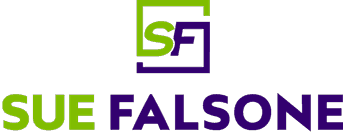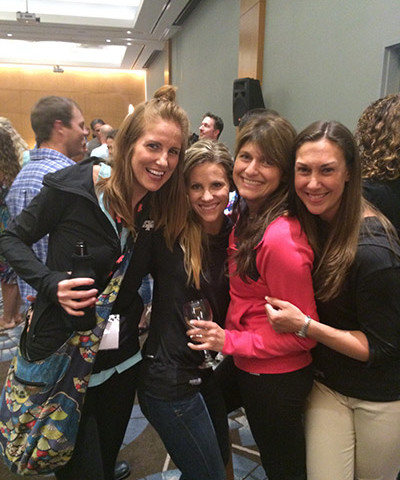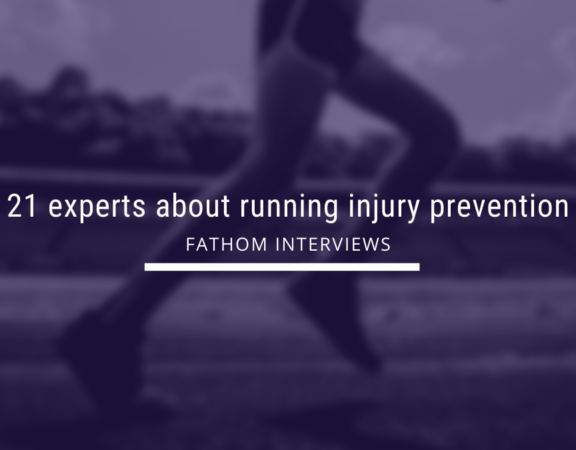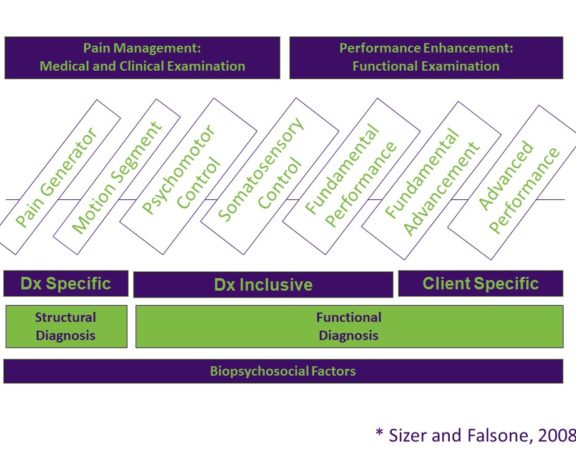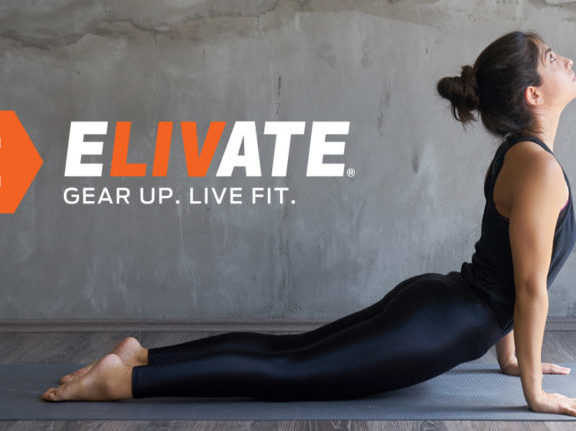Have you ever seen Fever Pitch…that movie with Jimmy Fallon and Drew Barrymore? Well, at one point in the movie he says “these people (the other season ticket holders around him) are like my summer family”. That is exactly how I feel about the Perform Better crew. And man, I have missed my summer family!
Don’t get me wrong, I did have great summers filled with a new summer family, the Dodgers (players and fans alike) and I do miss them right now as well. But let’s face it, it always feels good to go “home”, and Perform Better Summits always feel like home.
Let’s start with Chris Poirier. He and his amazing crew have organized and grown these events over the years, bringing together groups of people from all over the country. The attendees and presenters alike are all open-minded, passionate about their profession, forward thinking, and eager to share ideas across the board. Chris has put together an amazing forum that brings physical therapists, performance coaches, athletic trainers, personal trainers, and more together to truly bridge the gap from rehab to performance in all facets. He has created an environment that allows people to improve as clinicians, as coaches, as businessmen and women, and as people in general. The open, easy environment that we all feel starts at the top, and the top is Chris and his crew.
Despite the growth of social media, which is a great way to stay on top of what everyone is doing, it is hard to truly stay connected with people. I mean actual, face-to-face human connection. Perform Better Functional Training Summits always allow me the opportunity to catch up with all the great speakers and attendees that I often only get to see once or twice a year. This is one of my favorite things about these weekends.
Where to begin about all I learned? One of my favorite quotes from the weekend was during the keynote talk on Friday night by Al Vermeil. He said, “Luck happens when opportunity and preparation meet”. How true. We all know those people who just seem lucky! Everything goes their way when they need it to. Why is that? When you really break it down, these people are just ready for whatever it is that comes their way. When the opportunity presents itself, they are prepared to handle it. Preparation reduces the unknown. The unknown is scary. If we can eliminate our fear, there is nothing to be afraid of. Bring it on, whatever it is, and I will handle it. You can call that prepared and opportunistic, or lucky. But don’t ever confuse luck with random happenstance. It’s not that simple.
This weekend was the first time I ever saw Bill Knowles speak. I thought his contrasting definitions of rehabilitation (medical model) and reconditioning (performance based model) was so simple it was brilliant. Likewise for his distinction between return to play and return to competition. These small things may seem like semantics to some, but to me, at that time, they struck a cord. Not that I didn’t believe these things to be true prior to his talk. I totally knew they were different and very much feel like I practice in that way. But to explain it to others, to explain it athletes, front office people, technical coaches, and even physicians has sometimes proven to be challenging. The simple change in wording will be powerful for me moving forward as I continue to recondition my athletes to return to competition. (small, yet huge difference from rehabbing my athlete to return to play).
My time spent listening to Michael Boyle is always valuable time for me. Whether we are sitting in the back row of a lecture room exchanging baseball stories, we are drinking a beer at the social or I am listening to him on stage, I learn something personally and professionally every time. Too much to go into right now. I am so happy I have given him something in return…he now shares my love of the diaphragm! Yes! So happy to hear this, Michael!
Coach Dos, I did not see your lecture, but I did see your lab. I learned that I have no fast twitch muscle fibers in my body. Put me on a yoga mat, or point me in a direction and say “go that way, straight, for as long as you can”, I am good. Put me in one of your sessions, I am screwed. New goal: become fit enough to keep up with one of your workouts!
Craig Liebenson is the one who introduced to me DNS so many years ago. Every time I study the area or listen to Craig talk, I pick up another pearl. This time, although we talked about it before, was that our very first squat was to squat up, not to squat down. This I knew. We started on the floor and pushed or pulled ourselves up to standing for the very first time. That was as far as I took it. I thought, yes, the one time, the very first time in our life, we squatted up. But it wasn’t until this weekend that I realized “and then we fall down, and squat up again”. We do that over and over as babies! We get (squat) up, we fall down and we get (squat) up again. This is true not only as we age and train the squatting pattern, but in life as well. A bit profound to me at the time.
My talk was on “Organizing Your Tool Box”. The reason I wanted to talk about this was because it has been on my mind for the last 6 months. I am no longer with Athletes’ Performance (EXOS); I am no longer with the Dodgers (although in my brain I will always remain a part of those organizations). For the first time, I realized that I had to define what I BELIEVED to be true. Not what “Sue the VP of AP” believes, or “Sue the head AT of the Dodgers” believes, but what does Sue Falsone, sole practitioner, believe. What system did I need to create in order to best serve my athletes? How do I organize my personal practice after questioning some of the things that I have “known” for 18 years? How do I remain open to all the newly organized information that is presented so readily across the Internet as well as in new certification classes? How do I refrain from “drinking the kool-aid” of any one thing, yet incorporate any and all ethical treatment options that are available to me and those I work with. I am still working my way through this process, but even presenting it one time to those people that chose to hang with me during my lecture and lab has helped. The questions, ideas and discussions that came up in small groups or when one on one was fantastic for me. It sounds so cliché to say, “I learn so much when I teach”, but that could not be truer. You guys helped to answer some questions that remained in my brain, and helped me to organize things better, not only for Long Beach, but also for myself moving forward as a practitioner. I appreciate your help in this process.
I continue to be renewed in my excitement over this combination of professions and techniques that I am blending into my (what I hope to be) unique practice. I appreciate all of your patience and support as I work this. The more I organize it, the more I will share it!
My Perform Better family rocks just as much as I remembered! I am so looking forward to Long Beach.
